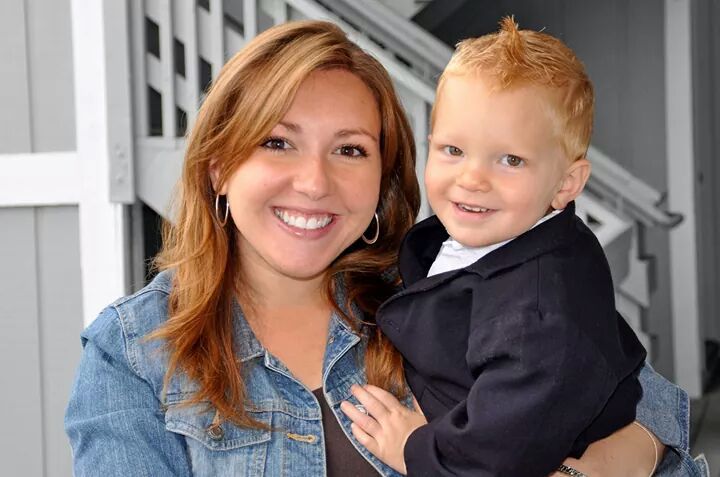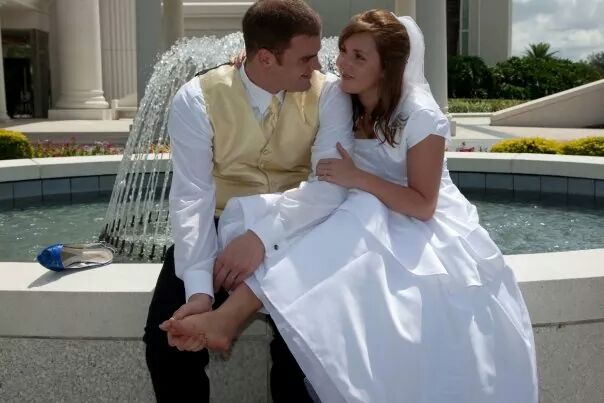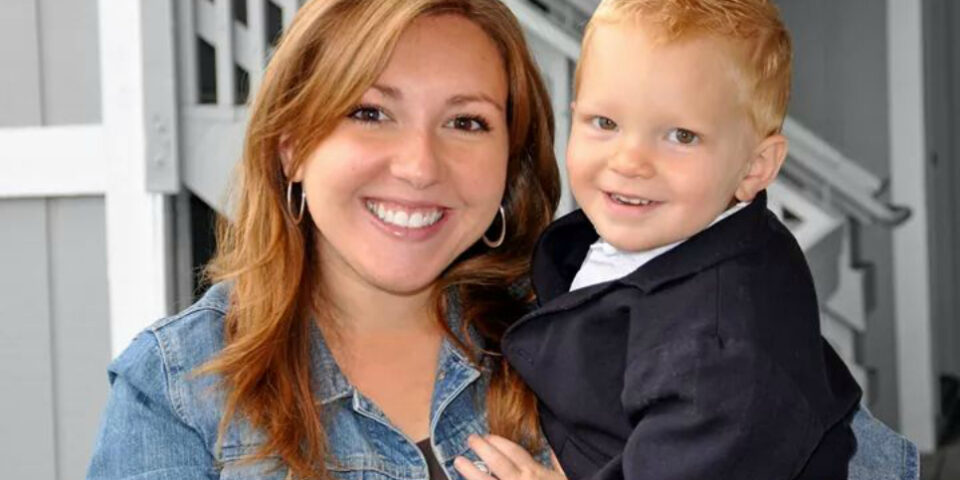Hi, I’m Laurel. I joined the Church when I was fourteen. I found a community that loved me and tried to help me see my potential as a daughter of God.
While studying at BYU, I began to have deeper spiritual questions. I needed to know for myself there was a God who loved me. Ultimately, I came to find my Savior and the beauty of His Atonement.
Serving as a Relief Society President, I grew a sincere love for my fellow sisters.
After marrying in the temple, I worked as an Elementary teacher, helping support my husband through his schooling.
Once our son was born, I took on the role of stay-at-home mom. I served in various capacities and began a deeper study of church history. As my vision broadened, the way I viewed issues within the institutional church evolved.
The church began releasing essays touching on some of the topics that concern me-including the temple and priesthood ban on blacks prior to 1978. I was relieved the church disavowed racist teachings of the past. I never felt the ban and related doctrines came from God, but were rather the product of man.
I was called as a Young Women’s leader. As I served, I gained a deep respect for the amazing women and girls I worked with.
The young women would ask questions about the push for more inclusive roles for women in the church. I often found the answers provided unsatisfactory and in some cases, uninformed.
I have seen and experienced first hand how various church policies affect women unfavorably. My concerns include: untrained male clergy privately counseling young girls on matters of a personal or sexual nature, policies affecting women that are only accessible to and interpreted by men (Handbook 1), the exclusion of women from blessing their children, and sexist temple practices.
The church recently released several essays addressing polygamy in the early church. I find these unsettling. I see clear elements of ecclesiastical abuse being assigned to God, instead of acknowledged as the mistakes of man. Women, particularly in this aspect of church history, have been erased, their stories rewritten, and their pain minimized.
I care about the Mormon community and believe allowing women a more complete role within the structure of the church would create a safer, healthier environment for all.
While I recognize the divine differences between men and women, I also embrace the uniqueness of the individual. The labels and boxes we assign others and ourselves often prevent us from finding God’s purposes for us individually. God empowers and lifts us to our full potential through Him. He does not discriminate against race, gender, or circumstance. I believe women are just as called to fully act in the name of God, as are men.
I highly respect the women of the Bible, and others throughout history, who stepped outside the cultural norms of their day to do what they felt right. I stand with others today and affirm I believe women should be ordained.








